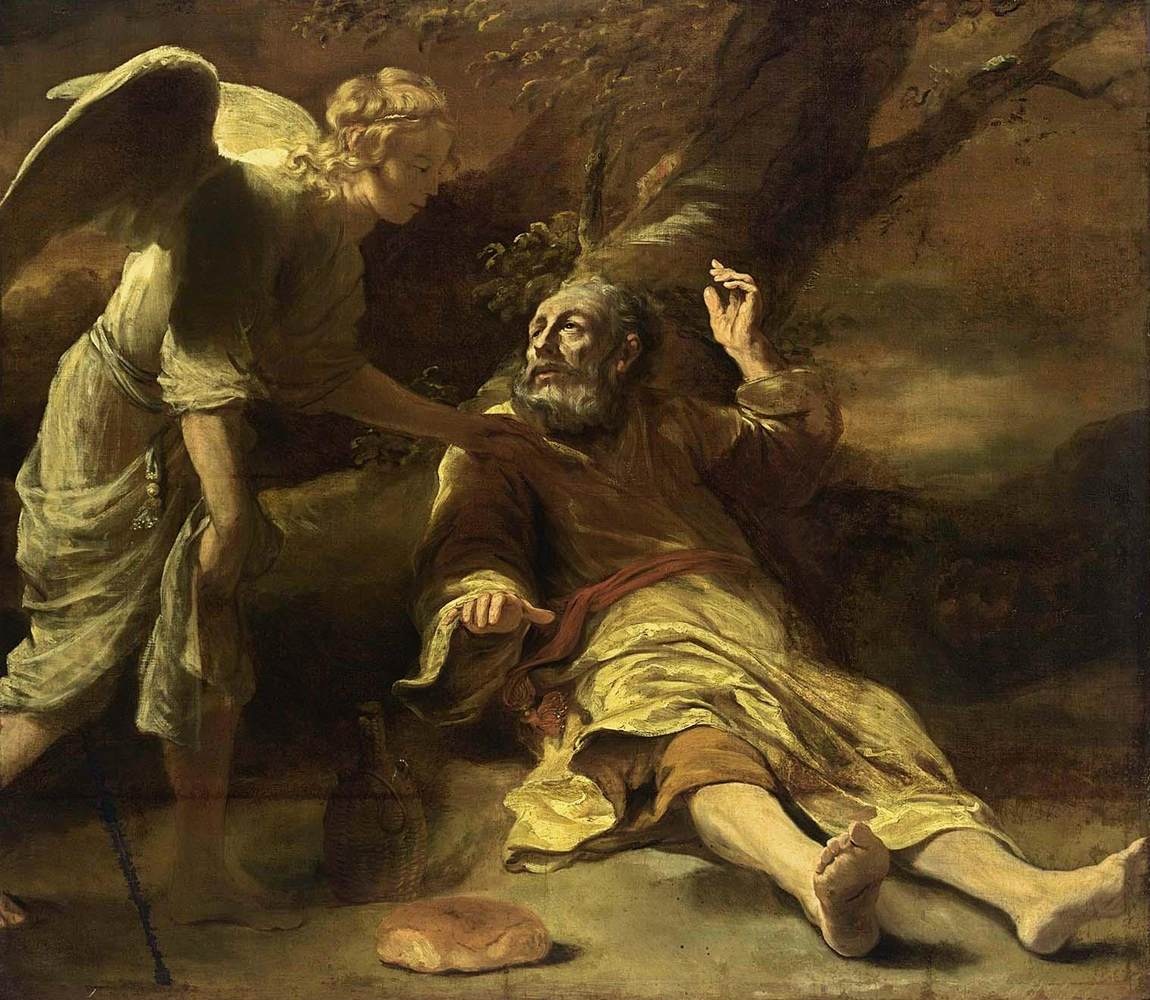XXII SUNDAY IN ORDINARY TIME - James 1:17-18,21-22,27
Religion has been abused by all those in power and then it is accused of countless crimes, leading many people to think that we would be better off without religion. Religion has been blamed for many situations of oppression and for many wars fought in the name of religion.
In old times, religion was all embracing, being an essential part of the social, political and cultural texture of society. It was an essential part of the identity of a tribe or a nation, and each nation had her own guiding and protecting gods. Wars were conducted in their name and in obedience to their command. We may get scandalised reading many passages of the Old Testament, where God is presented as the Chief-in-command of the army, leading the people into battle. However, we must realise that the writers of the Bible shared the mentality and the beliefs of the surrounding nations. But, if we read the Bible attentively, we notice that God is leading the people through a long journey, in which he teaches them and guides them to a higher understanding of his will and his plan, putting higher moral demands on his people.
In the first reading of this Sunday’s liturgy, we can hear Moses warning the people and telling them:
“So now, Israel, give heed to the statutes and ordinances that I am teaching you to observe” (Dt 4:1)
The commandments, the statutes and ordinances, which form the basis of the Law, are the foundation of a society built upon fairness, justice, truth and solidarity. A society according to God’s will cannot be based on violence and oppression, and cannot ignore the plight of the poor. Jesus would put it just in few words:
Blessed are those who hunger and thirst for righteousness, for they will be filled
… …
Blessed are the peacemakers, for they will be called children of God. (Mt 5:6,9).
Throughout history, many times, Christians have been unfaithful to Jesus’ Gospel, fighting among themselves and fighting the outsiders perceived as their enemies. There have been wars in the name of religion, whenever people abandoned the great religious ideals and transformed religion into a tool to serve their thirst for power and domination.
Nowadays, we hear daily reports about the atrocities committed in the name of God. There are people who have taken up arms and kill in the most barbaric way, claiming to do it in submission to God. Which god is that god who is filled with unquenchable thirst for blood? The actions of IS (Islamic State) are criminal and reach the point of madness. They are crimes against humanity and cannot be justified by any god.
In the letter of St. James, a faithful apostle of the Lord, we find a rule by which we can measure true religion:
“Religion that is pure and undefiled before God, the Father, is this: to care for orphans and widows in their distress, and to keep oneself unstained by the world.” (James 1:27)
Attitudes and actions of mercy and compassion that lead us to take care of the poor and the vulnerable come from a true relationship with God and express true religion. We may ask ourselves how much of this true religion can be found in Europe, when we close our doors to thousands of refugees running away from war and poverty. We live in an egotistic and selfish society, unable to share and to see our brothers and sisters starving in from of us. We grab everything with both hands and cross our arms over our chest, afraid of loosing our wellbeing and our ability to enjoy life.
James tells us that, in order to achieve the true religion, we must “do away with all the impurities and bad habits that are still left in you – accept and submit to the word which has been planted in you and can save your souls. But you must do what the word tells you, and not just listen to it and deceive yourselves.”
The truth of our faith is proven through our deeds. We cannot deceive ourselves and we cannot put our trust in empty words, saying one thing and doing the opposite. Moses reminded the people of Israel that they are different from others, because the Lord revealed to them the way of life. Where is our difference? If we are like everybody else, then we are no more the salt of the earth; and if we are not the salt of the earth, then we are useless, good only to be thrown away.
Lord, who shall dwell on your holy mountain?
He who walks without fault;
he who acts with justice
and speaks the truth from his heart;
he who does not slander with his tongue. (Ps 15:1-3)





.jpg)